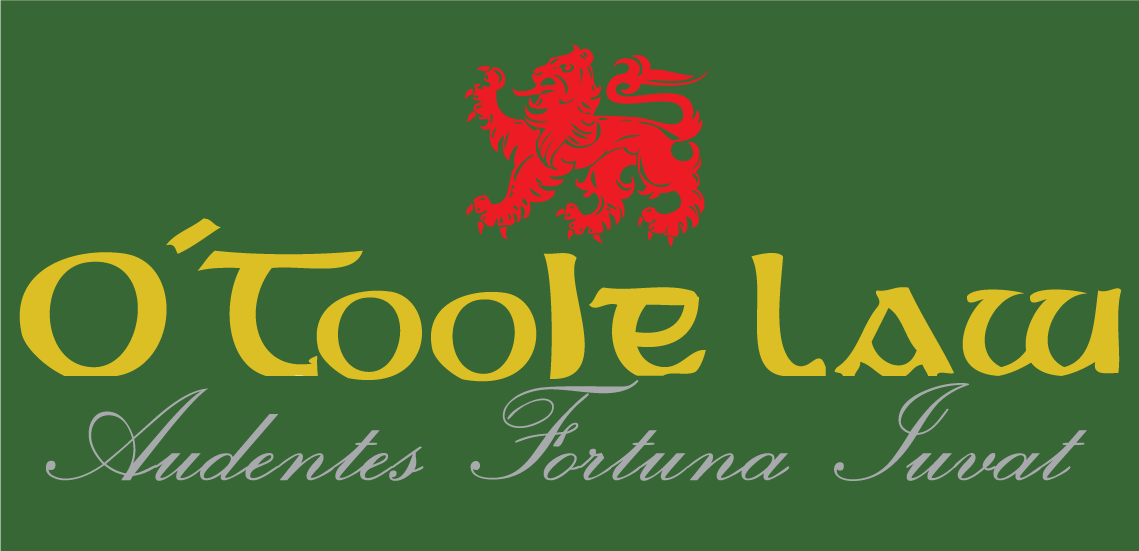Advertising and marketing is designed to induce a consumer to buy a particular service or product. Sometimes the ads are general and appeal to the emotional element of a purchase.
A pickup truck advertisement may show the truck driving up a rugged mountain road or at the beach with a dozen attractive women. This is an example of “puffery,” which is not to be taken by a consumer as a factual claim by the company.
A rational consumer knows that merely buying a pickup will not suddenly make the owner the center of attention by attractive models.
At the other end of the advertising spectrum from puffery is fact. Facts are subject to misrepresentation and fraud. Stating the maximum towing capacity of a specific pickup is a fact, and an advertising statement that misrepresents that fact could be found by an Illinois court to be fraud, and could potentially entitle a consumer to compensation for that fraud.
Often, the line between puffery and factual statements can become blurred. Illinois courts have identified words that are puffery, such as: “high-quality,” “expert workmanship,” “custom quality,” “perfect,” “magnificent,” “comfortable,” “picture perfect,” and “best.”
These words are an attempt by advertisers to suggest a characteristic of a product, but that has no real meaning. “Puffing in the usual sense signifies meaningless superlatives that no reasonable person would take seriously, and so it is not actionable as fraud.” It is designed to be vague and suggesting qualities that “cannot be precisely determined.”
But, should they cross the line, and make some verifiable claim and it is factually inaccurate, then puffery can become fraud.
